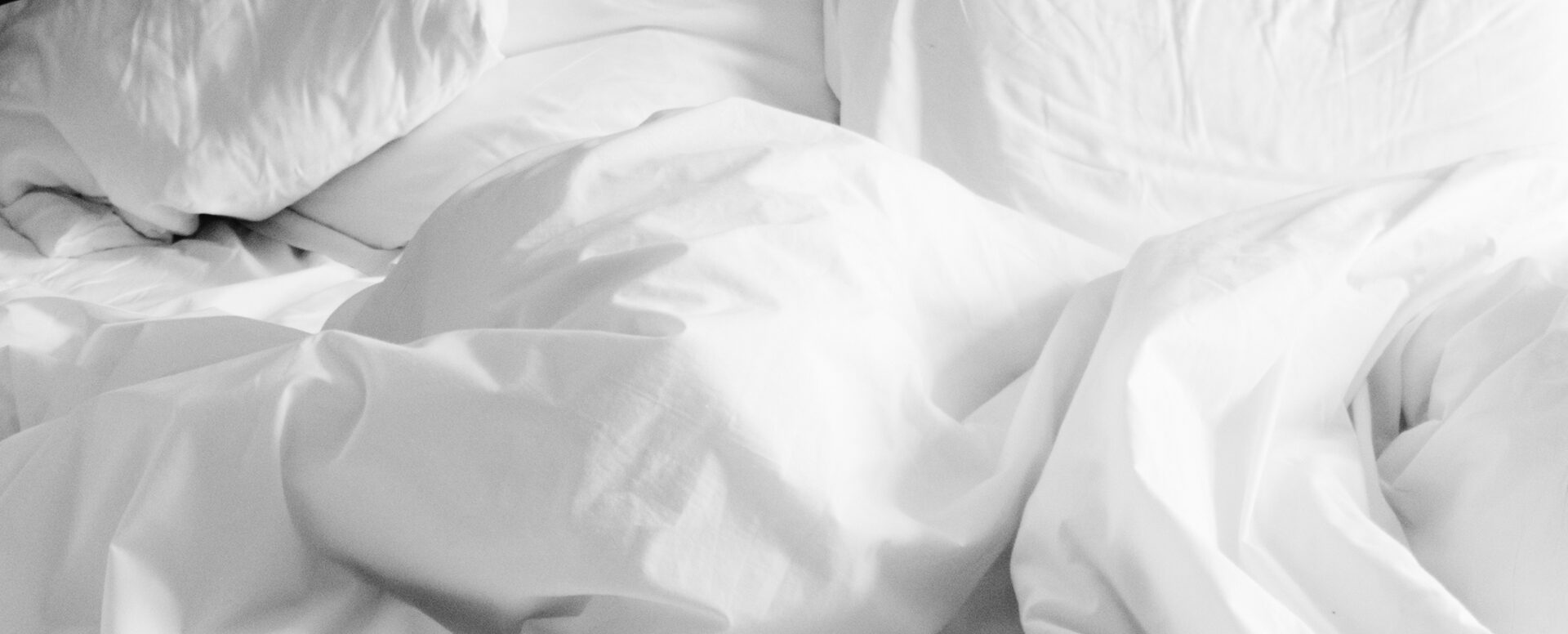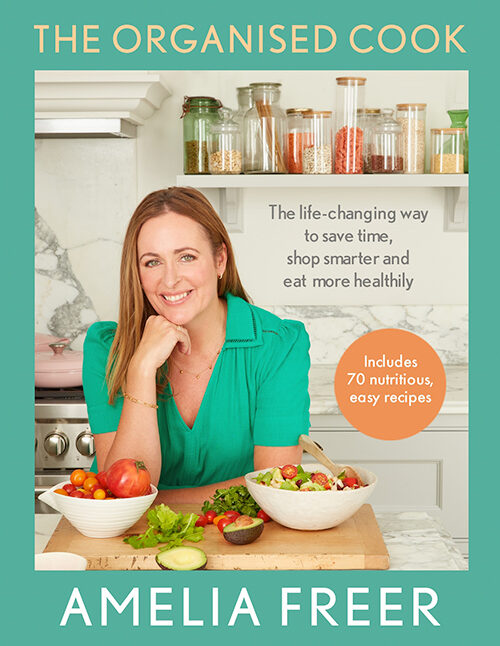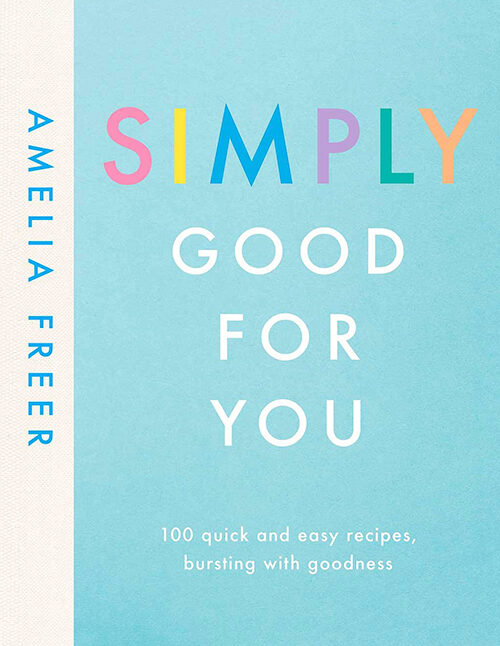10 Simple Ideas for Better Sleep
Oct 2022

ONE: Routine
Stick to your normal bedtime and wake-up time as much as possible, including at weekends. Our bodies like routine. Get a good alarm clock that wakes you gently, rather than relying on your phone. I like this sunrise one.
TWO: Plan backwards
Plan to have 7-8 hours asleep, so work back from your required (or wanted) waking up time to know when to start going to bed. I’m usually up by 6:30am, so I know I need to be asleep by 10:30pm, and therefore need to start going to bed by 10pm at the latest – as often as reasonably possible. Set a reminder if necessary – especially helpful if you find yourself mindlessly watching TV shows or scrolling social media when you’re tired. At times of greater stress or anxiety, we might need longer to relax and unwind than usual, so also factor this in. I usually allow myself an extra 30 minutes when I’m feeling stressed, perhaps even an hour. I’ll use the time to journal, read, listen to gentle podcasts or meditations, take a bath or do some yoga. NOT to look at my phone!
THREE: Move
Move, where possible, during the day (but not within 3 hours of bedtime, if this is realistic). Appropriate and consistent exercise can profoundly benefit sleep. A little goes a long way, even just a few minutes to begin with.
FOUR: Sunlight
Get some sunlight in the early morning if possible. Sit your desk near a sunny window, have a coffee on your balcony or in the garden, perhaps get outside (where possible) and take a morning walk. Even just stick your head out of the window and take a deep breath! Early morning sunlight helps us regulate our circadian rhythm.
FIVE: Yoga
Try Yoga Nidra or Yin yoga just before bed if you need a helping hand with relaxation. A 20 minute yoga nidra (yogic sleep) practice is also a great alternative to a nap if you need a restorative afternoon pick-me-up but don’t want to risk disrupting your night sleep. There are plenty freely available on YouTube. I love to use this pillow mist on my yoga mat to help me relax even more deeply.
SIX: Reading or watching the news
Avoid late-night anxiety provoking news, books, TV shows or other social content. If possible, turn off screens, leave phones out of the bedroom, and truly observe a ‘technological sundown’. Alongside the blue light they emit, these technological devices can easily keep us stimulated and hooked, delaying our natural bedtime.
SEVEN: Caffeine
Watch the caffeine. Minimise all caffeine after 1pm if you are sleeping poorly. I don’t recommend going ‘cold turkey’, however, but aim to reduce caffeinated drinks gradually over time if necessary. Check out this article on caffeine for more information.
EIGHT: Alcohol
The same goes with alcohol – it can disrupt sleep quality in the later part of the night, so give yourself at least a few days each week without any alcohol and see if that makes a positive difference.
NINE: Minimise work creeping into the bedroom
If possible, try to keep your work out of the bedroom, or have a way of ‘shutting it down’ for the night if this isn’t an option. Throw a scarf or blanket over your desk when you clock-off (turn all electronics off first for safety), to signal to yourself that the bedroom becomes a place of rest and relaxation.
TEN: Light
We know that blue light emitted from screens and devices can potentially have a negative impact on our sleep (so it goes without saying that best practice here is to turn screens off at least 30 minutes before you go to bed). But getting our bedrooms as dark as possible may also benefit sleep quality. Set night lighting to the lowest setting, consider motion-activated hall or bathroom lights, invest in black-out blinds (especially over the summer) or consider a close-fitting eye mask.
Other Resources
Gentle Night-time Reading
- The Wild Journal – Willow Crossley
- The Salt Path – Radnor Winn
- Delight – JP Priestly
- The Running Hare – John Lewis Stempel
- An Omelette and a glass of wine – Elizabeth David
- Wildwood – Roger Deakin
- Landmarks – Robert MacFarlane
Supplements
Wild Nutrition Magnesium – I’ll take these occasionally if I have a racing mind and can’t settle down at night. I notice them working after about 20 minutes, so always take them when I’m already ready for bed and snuggled down. Always speak to a health professional before taking new supplements to ensure they are safe for you.
Apps / Websites
- The ‘Calm’ App has a section of 20-30 minute long gentle Sleep Stories, which many people find helpful if their mind is racing around bedtime. White noise is another trick that some find beneficial.
- Headspace also has some lovely bedtime / sleeping meditations.
- Check out the free Yoga Nidra’s available from the Yoga Nidra Network
MORE TO EXPLORE
Please note that the information on this website is provided for general information only, it should not be treated as a substitute for the medical advice of your own doctor or any other health care professional providing personalised nutrition or lifestyle advice. If you have any concerns about your general health, you should contact your local health care provider.
This website uses some carefully selected affiliate links. If you buy through these links, we may earn an affiliate commission, at no additional cost to you. This helps to keep all of our online content free for everyone to access. Thank you.



